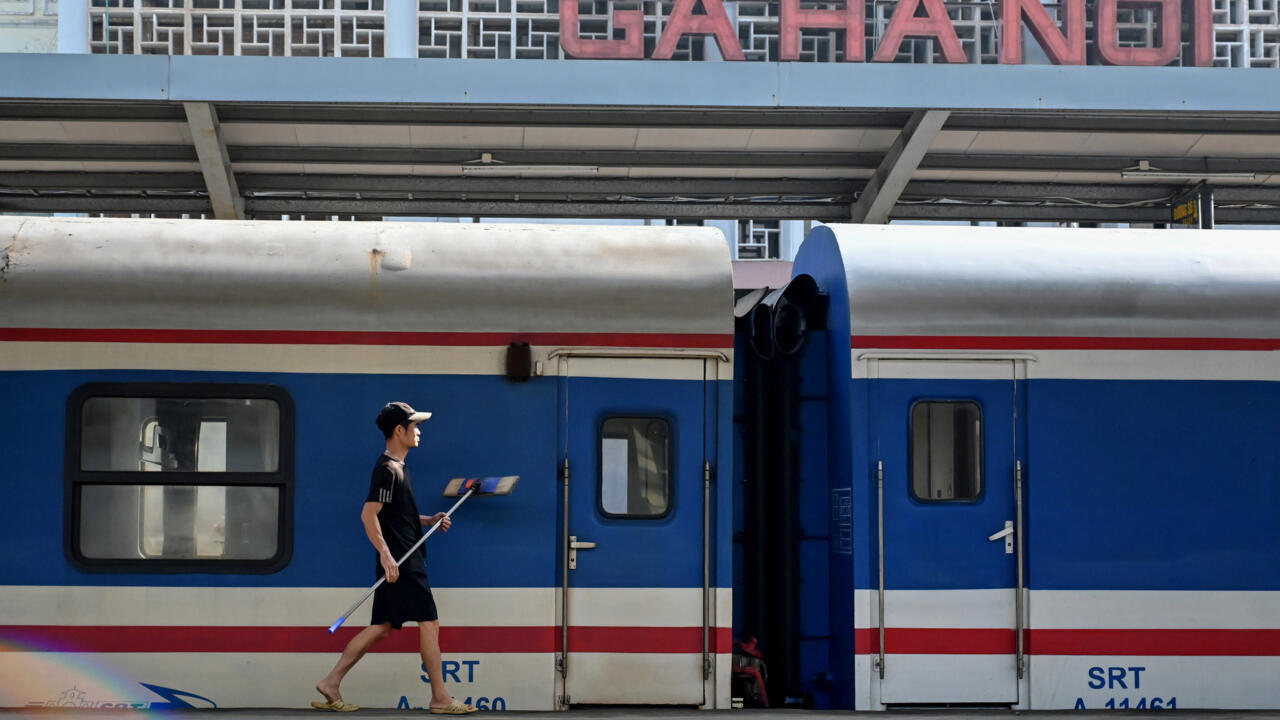The railway, which will stretch more than 1,500 kilometres (930 miles) from the capital in the north to the country’s business hub in the south, will reduce the current journey time by rail from 30 hours to around five. “The national assembly voted to approve… a resolution on investment policies for the high-speed railway project on the North-South axis,” said a statement on Vietnam parliament’s website.
Vietnam’s transport infrastructure is considered relatively weak, with a road network struggling to keep up with demand and an underdeveloped rail system. The expressway density is one of the lowest in the region, although Vietnam is pushing to expand it, while road transport costs are among the highest.
The country is an increasingly favoured destination for foreign businesses looking for an alternative to China, but low-quality infrastructure is seen as holding back surging investment.
Dan Martin, International Business Advisor of Dezan Shira & Associates, said the project would “supercharge the Vietnamese economy”. Making it easier for crucial components to reach manufacturing hubs and expediting the delivery of finished goods, the railway will “boost production, reduce lead times, and solidify Vietnam’s role in global supply chains”, Martin told AFP.
Deputy Minister of Planning and Investment Tran Quoc Phuong earlier called the new line “a breakthrough” in the country’s infrastructure that would boost the country’s GDP by an average of 0.97 percentage points annually.
The National Assembly had in 2010 scrapped this same project, then estimated at $56 billion, over fears it was too costly. But the project’s potential impact has changed dramatically, Martin said, adding that there was “growing momentum” behind high-speed rail projects across Southeast Asia, where Laos and Indonesia have both completed rail lines in recent years.
The new rail line will stop at 23 stations in 20 different cities and provinces, boosting connectivity between the regions and giving locals more travel options.
The project is scheduled to take just eight years – beginning in 2027 and aiming for completion in 2035 – although the country has a history of overruns when it comes to major infrastructure projects.



Let’s hope car companies don’t swoop in and lobby to get wider roads + more highways. Hopefully the government can stay strong against such influences and the people will vote for politicians who can stay strong.
This is Vietnam Moped Gang going to be taking over